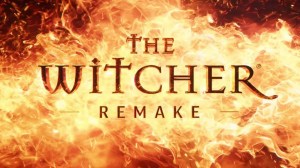In the ’90s, horror was still finding its place on TV. But while you might have expected nothing more than monsters, jump scares, and anything that made viewers break a sweat, some shows proved you could mix fear with smarter storytelling, interesting characters, and even a touch of humor to create something genuinely compelling. It was a decade where bolder productions caught the attention of both audiences and critics, paving the way for what was to come in the years after. Looking back, it’s clear how some of these shows left a mark and mattered to the genre because they knew how to redefine it. And if today we can watch all kinds of very different horror productions, a lot of that is thanks to them.
Videos by ComicBook.com
Here are the 4 most important ’90s horror TV shows that left their mark and proved their time was more than just a period of experimentation. They managed to be what no other show could.
4) The X-Files
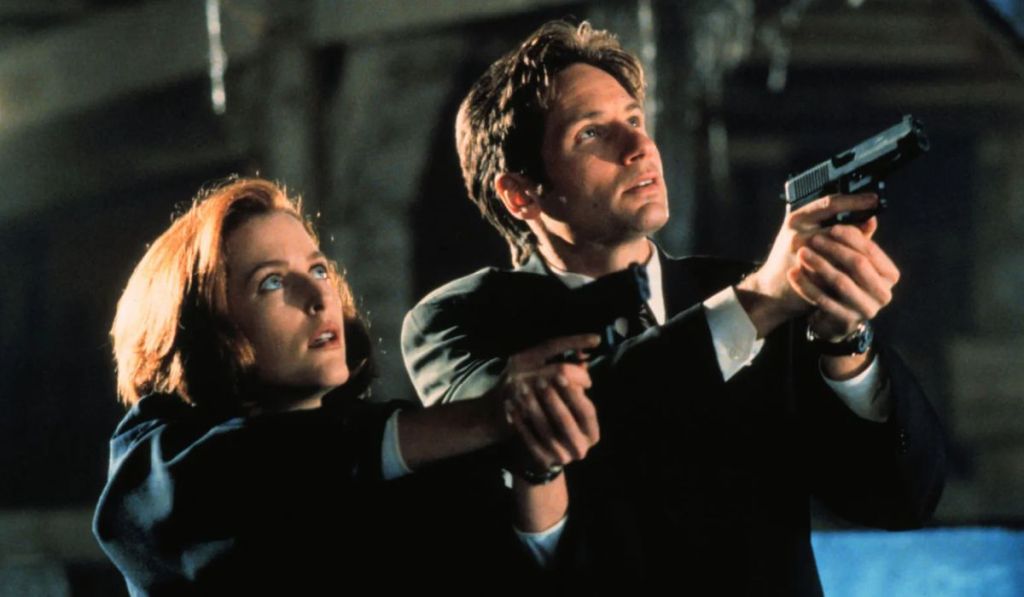
If you’re talking about ’90s TV horror, The X-Files is an absolute starting point. It’s not just about monsters or aliens; the show turned paranoia into high-quality entertainment. It paved the way for a whole generation of other series like Fringe and, more importantly, proved that horror on TV could be more than just blood. Mulder (David Duchovny) and Scully (Gillian Anderson) investigating supernatural cases became the perfect model for blending horror, sci-fi, and mystery in a highly cohesive way.
One episode could leave you scared to go down to your basement, and the next had you questioning whether the government was hiding secrets about aliens. The premise is simple: FBI agents deal with unexplained phenomena while trying to uncover conspiracies and confront the supernatural. But that alone doesn’t fully explain why The X-Files is relevant to horror. Its importance lies in the constant atmosphere of tension and unease. This is definitely not easy, cheap scares – it’s psychological, making you think, question, and feel fear in a smart, compelling way.
3) It
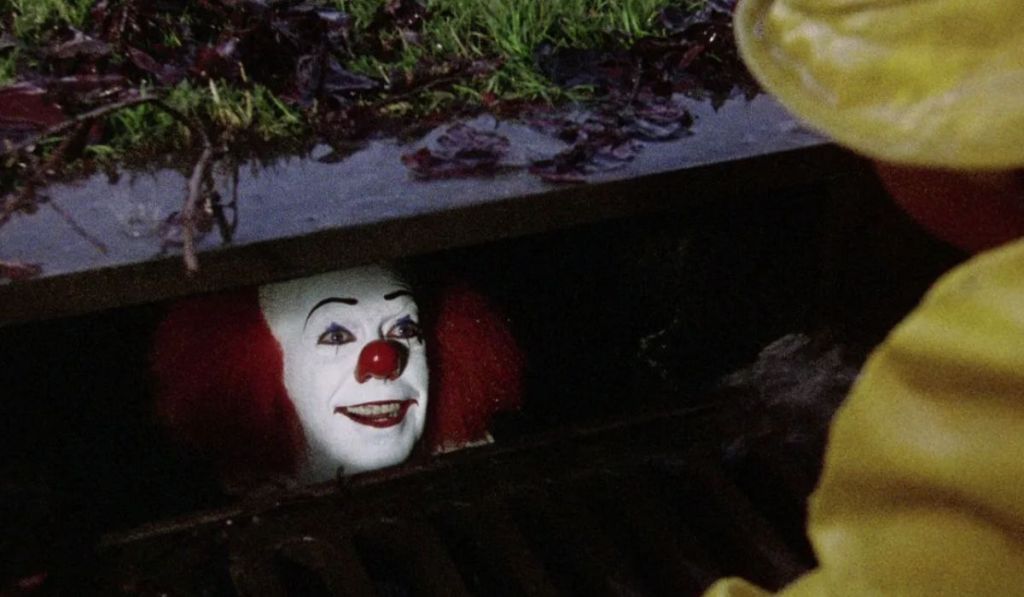
A lot of people know Stephen King’s book, its movie adaptations, and the upcoming HBO TV series. But few remember that It actually hit TV in the ’90s and broke major ground. The miniseries follows a group of friends who face an evil entity as kids and are forced to confront their traumas years later. This version became a reference point because Pennywise goes beyond being a scary clown; he becomes the true embodiment of childhood fear, diving into each character’s deepest anxieties. This is psychological horror that works because you actually care about the characters.
If the newer adaptations already deliver intense chills, imagine what it meant back when story construction on TV horror wasn’t really developed. ’90s It managed suspense, terror, and emotional drama without relying on over-the-top effects, proving that childhood fears never really go away. Before Bill Skarsgård, it was Tim Curry who turned the clown into an iconic villain, and even though the series was limited by its budget and format, it undeniably opened the door for psychological, serialized horror on mainstream TV.
2) Buffy the Vampire Slayer
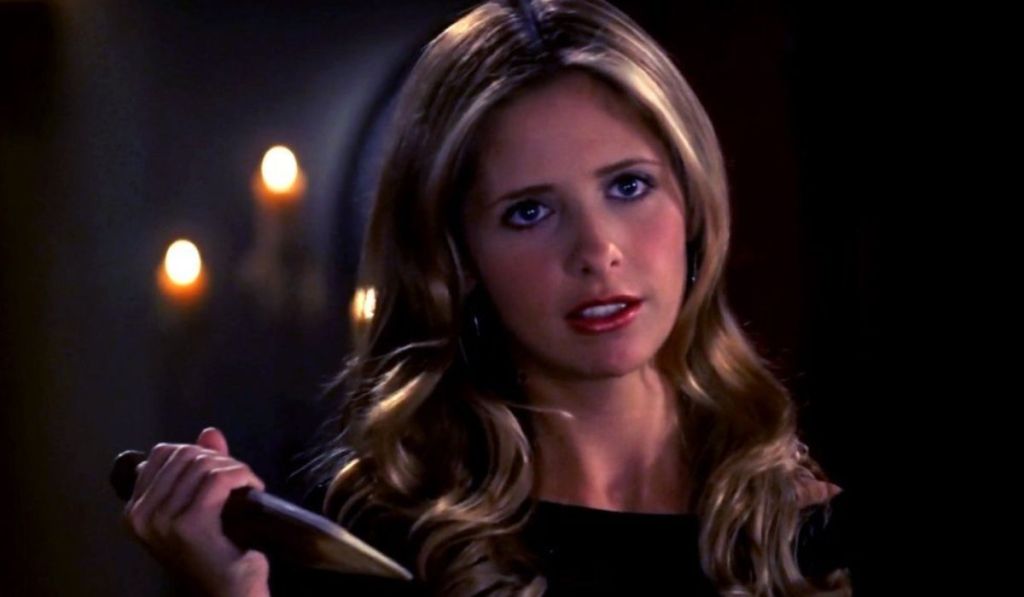
If today we have countless TV shows with vampires, a lot of that is thanks to Buffy the Vampire Slayer. On the surface, it might seem like just another teen series with night creatures, but it’s actually a character-driven study with horror as a backdrop. The story is pretty clear: Buffy Summers (Sarah Michelle Gellar), “the Chosen One,” battles demons, vampires, and the apocalypse while trying to maintain a relatively normal life. How many shows have tried something similar? Yet none have left such a lasting legacy that paved the way for so many others. The show’s importance to TV horror lies in how perfectly it blends action, the supernatural, and meaningful subjects like identity, sexuality, trauma, and loss.
For its time, Buffy the Vampire Slayer managed to craft a narrative with self-contained episodes and complex arcs at the same time. Classics like “Hush” or “Once More, With Feeling” aren’t just innovative in style, because they show that the series understood horror could also be smart and emotional (something that wasn’t fully appreciated back then). Through it, audiences realized that horror doesn’t have to rely solely on scares; it can be sophisticated, funny, and emotionally resonant without losing tension – it’s no coincidence the show is getting a reboot. On top of that, it also deserves credit for showcasing strong female representation in the genre.
1) Tales from the Crypt
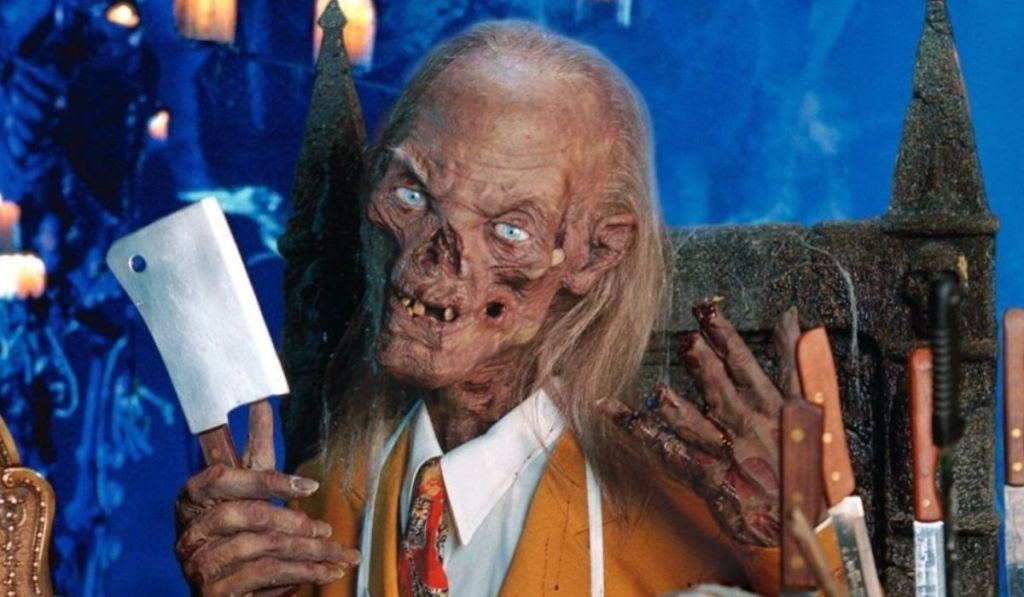
If The X-Files is paranoia and Buffy the Vampire Slayer is well-crafted teen horror, Tales from the Crypt is pure chaos with charm. This was an anthology series that was also a pioneer in its format for the genre – you could even argue that the success of American Horror Story, for example, wouldn’t exist without it. Each episode tells a standalone story, usually packed with dark humor, over-the-top violence, and that final plot twist that leaves you satisfied or disturbed (or both). The Crypt Keeper is the perfect narrator: sarcastic, cynical, and unforgettable in appearance, which gives the show a tone so unique that no one else has really replicated.
The concept was to adapt EC Comics’ horror tales for TV, each with its own twist. But the execution is what sets it apart: creative freedom, sharp storytelling, and the mix of gore and humor that entertained fans in a clever, audacious way. Unlike many shows, Tales from the Crypt didn’t aim to be psychological or emotional; it was about having fun with fear, and it did it better than any other series of the ’90s. Its impact was obvious: it left a mark on audiences, inspired movies, and set the standard for anyone wanting to try anthology horror in the future.
Do you think any modern shows live up to these horror classics? Which other ’90s shows do you think were important for TV history? Let us know in the comments!








